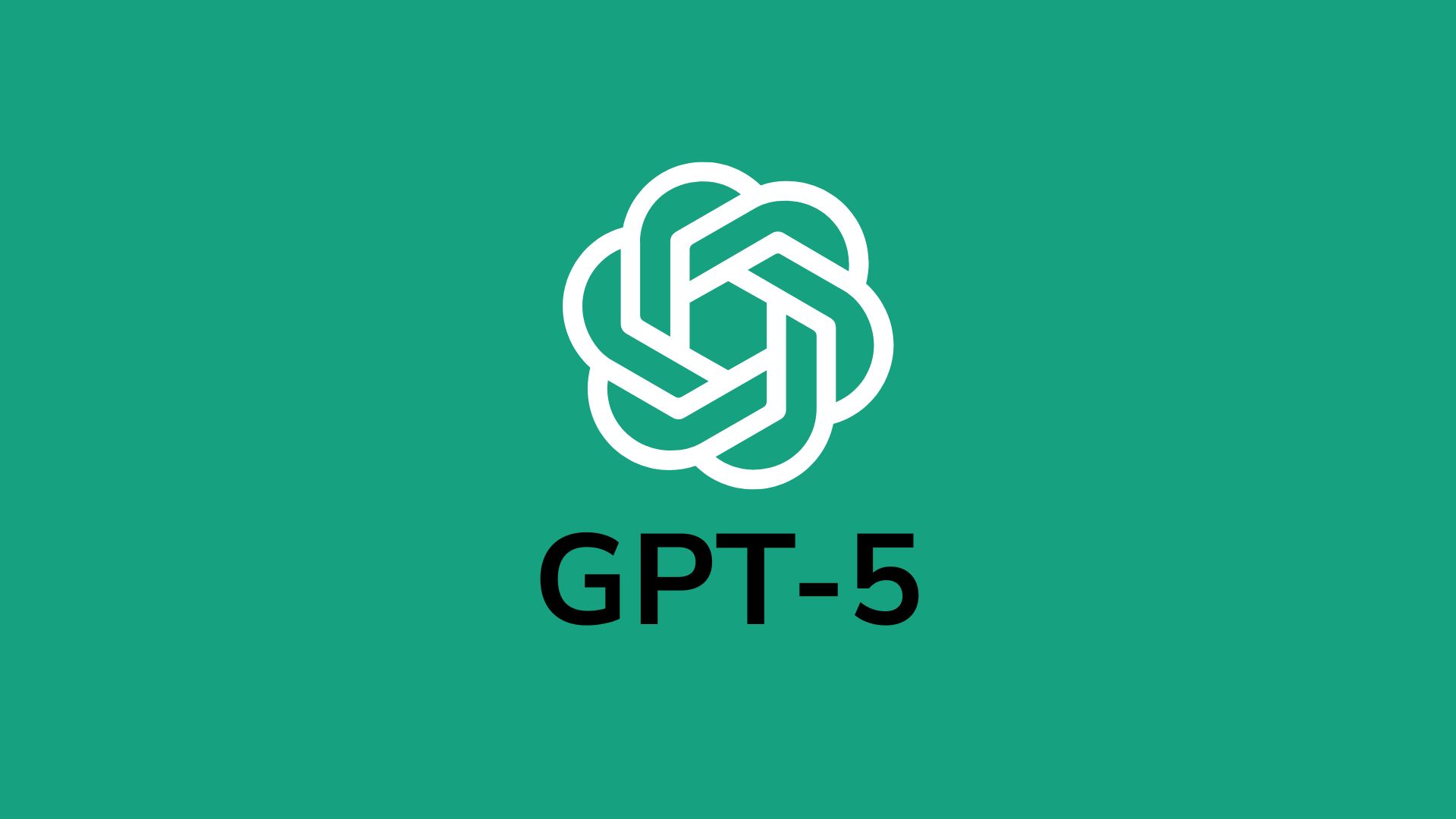Researchers at the University of Essex are using one of the UK’s most powerful AI supercomputers to investigate how mental fatigue affects the eye.
The EyeWarn project has been granted 10,000 hours on the government-funded Isambard-AI to analyse eye movements in natural settings.
Led by Dr Javier Andreu-Perez, the study aims to combine human and environmental data to understand how cognition influences eye behaviour. Insights from the project could help predict fatigue levels and improve monitoring of human factors in real-world scenarios.
The initiative involves collaboration with academics across the UK and AI firm Solvemed Group. Essex is also set to become a hub for AI innovation with the upcoming £2 billion data centre in Loughton.
Would you like to learn more about AI, tech, and digital diplomacy? If so, ask our Diplo chatbot!










